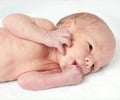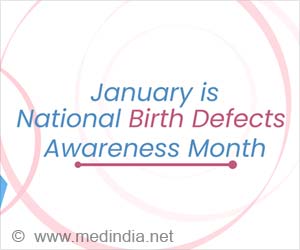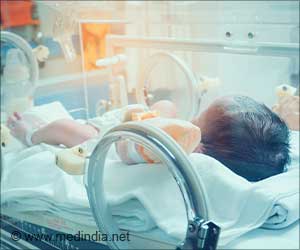Is birth weight affected by the environment? Yes, having greenery in mothers' living environments supports healthy fetal growth and increases birth weight.
- The weight of a baby at the time of birth is influenced by the natural environment of the mother
- Expanding urban population may shrink the accessibility, and quality of natural environments
- This is problematic, as contact with nature has many health benefits in various aspects
Link Between Exposure to Natural Environments During Pregnancy and Birth Outcomes
A new study assessed the associations between maternal exposure to green and blue spaces during pregnancy and birth outcomes in 11 birth cohorts from nine European countries, including Spain. The results of the study published in the journal Environment International, indicate that proximity to residential green space is associated with higher birth weight and lower odds of having a small-for-gestational-age baby, or SGA, as newborns whose birth weight is less than or equal to the 10th lower percentile are called.Exposure to natural environments during pregnancy and birth outcomes in 11 European birth cohorts
Go to source).
Healthy fetal growth can greatly reduce the risk of adverse health outcomes, both early and later in life. Babies with low birth weight could have an increased risk of growth impairment, lower IQ, and premature death in childhood, as well as obesity, cardiovascular disease, and diabetes in adulthood.
This study was based on a sample of 69,683 newborns, with an average birth weight of 3.42 kg, of whom 6.6% were classified as SGA. For each participant, seven indicators of residential exposure to natural environments were calculated.
Surrounding green space within 100, 300, and 500 meters of the household - calculated using the Normalized Difference Vegetation Index (NDVI)-, distance to the nearest green space, accessibility to green space, distance to the nearest blue space, and accessibility to blue space.
Residential Green Space is Associated with Higher Birth Weight
They also evaluated the potential effects of modification by socioeconomic status (SES) and region of Europe. The results indicate stronger associations between residential green spaces and higher birth weight for participants with lower educational levels, from more deprived areas, and residing in the Northern European region.These findings are in line with previous research from various regions around the world. An increasing number of studies have reported associations between maternal exposure to green spaces and higher birth weight (2✔ ✔Trusted Source
Residential Greenness and Birthweight in the State of Massachusetts, USA
Go to source).
References:
- Exposure to natural environments during pregnancy and birth outcomes in 11 European birth cohorts - (https://www.sciencedirect.com/science/article/pii/S016041202200575X)
- Residential Greenness and Birthweight in the State of Massachusetts, USA - (https://www.ncbi.nlm.nih.gov/pmc/articles/PMC6025231/)











